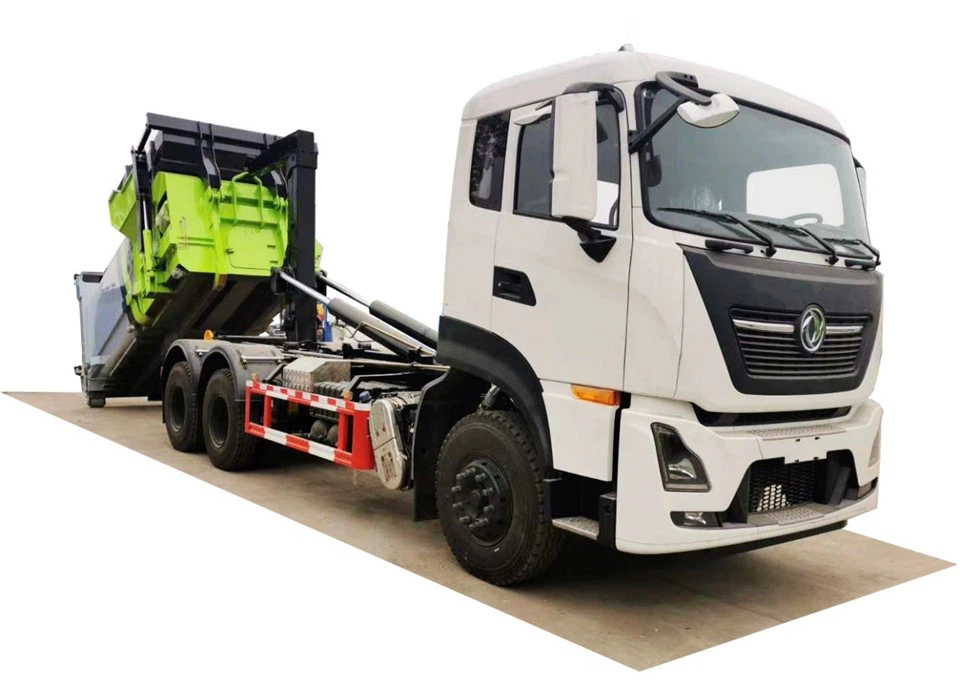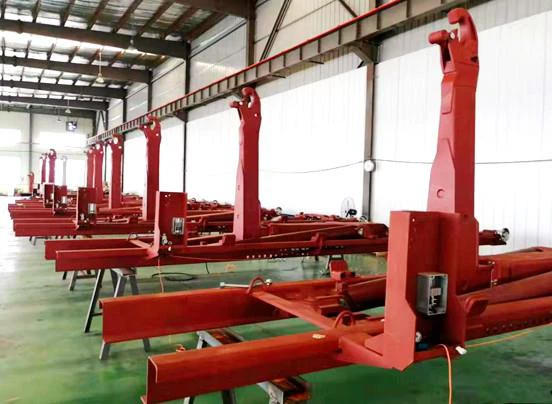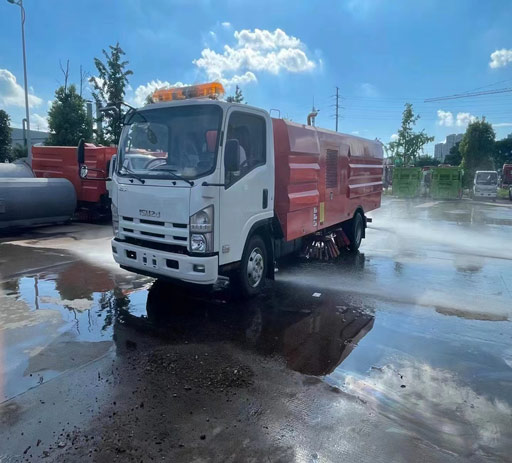Comprehensive Guide to Buying a Compactor Dumpster for Sale

Introduction
When managing waste, particularly for construction sites, large-scale cleanouts, or commercial projects, the use of a compactor dumpster can be a game-changer. These units not only help you manage large amounts of waste, but they also maximize space and efficiency. In this article, we delve into everything you need to know about compactor dumpsters for sale, from their benefits to purchase considerations, and practical tips for using them effectively.
What is a Compactor Dumpster?
A compactor dumpster is a specially designed waste container that compresses the waste inside it, allowing for a denser storage of materials. This feature is particularly useful in scenarios where space is limited or where waste volume is high. The compacting mechanism can significantly reduce the frequency of waste pickups, making it a cost-effective choice for many businesses and projects.
Benefits of Using a Compactor Dumpster
Improved Efficiency

By compacting waste, you can fit more materials into the dumpster, reducing the number of pickups required. This means less downtime and more efficiency for your project.
Cost Savings
Less frequent pickups mean lower disposal costs. These dumpsters can save money in the long run, especially for businesses with ongoing waste needs.
Space Optimization
In tight spaces, such as urban environments or smaller job sites, compactor dumpsters maximize the amount of waste stored, allowing for better site cleanliness and organization.
Environmental Benefits
By compacting waste, less energy is used during transportation since fewer trips are needed to dump the waste at a landfill, leading to a smaller carbon footprint.
Types of Compactor Dumpsters Available
Self-Contained Compactors
These units are ideal for handling wet waste (like food waste) as they are sealed and prevent leakage. They are often used by restaurants and food services.
Stationary Compactors
Stationary compactors are suited for dry waste and are commonly found in manufacturing and distribution settings. They are usually larger and require more installation space.

Open-Top Compactors
This type allows for easy loading of larger items and is suitable for construction sites. However, they are not sealed, making them less suitable for wet waste.
Factors to Consider When Purchasing a Compactor Dumpster
Size and Capacity
Determining the right size is crucial. Compactor dumpsters come in various sizes, from 1-yard containers to larger 30-yard models. Consider your waste generation rate when selecting a size.
Type of Waste
Your waste type can influence your choice. For wet waste, a self-contained compactor is ideal, while stationary units are better for dry, bulky materials.
Frequency of Waste Removal
If you generate a lot of waste frequently, invest in a high-capacity compactor that can reduce the need for regular pickups.
Cost
Prices can vary significantly based on size, type, and brand. Always compare rentals versus purchases to see which option fits your budget and needs.
Table: Cost Comparison of Rental vs. Purchase
| Type | Monthly Rental Cost | Purchase Price |
|---|---|---|
| Self-Contained Compactor | $300 – $800 | $6,000 – $15,000 |
| Stationary Compactor | $200 – $600 | $5,000 – $12,000 |
| Open-Top Compactor | $150 – $500 | $4,000 – $10,000 |
Vendor Reputation
Choose a reputable supplier that offers solid warranties, maintenance support, and customer service. Reading reviews can help gauge quality.
Where to Find Compactor Dumpsters for Sale
When searching for a compactor dumpster, several avenues can be explored:
Local Waste Management Companies
Many waste management companies sell or lease compactors. They often have a selection of new and used equipment available.
Industrial Equipment Suppliers
These suppliers specialize in various heavy-duty equipment, including compactors. They can provide detailed insights into the best models for your needs.
Online Marketplaces
Websites like eBay, Craigslist, or specialized industrial equipment websites can offer great deals on new and used compactors.
How to Use a Compactor Dumpster Effectively
Proper Loading Techniques
To maximize efficiency, load heavier items on the bottom and lighter ones on top. This strategy helps in compressing the waste more efficiently.
Regular Maintenance
Keeping the compactor in good working order is essential. Regularly inspect seals, hydraulic systems, and the compacting unit for any wear and tear.
Monitoring Waste Levels
It’s important to monitor how full your compactor is to avoid overfilling, which can lead to operational issues. Many models come equipped with sensors that alert you when full.
Understanding Weight Limits
Always be mindful of the weight limits for your specific compactor to avoid damage and ensure safe operation. Exceeding these limits can lead to mechanical failure.
Common Mistakes to Avoid When Using Compactor Dumpsters
Overloading
Filling the compactor beyond its capacity can damage the machine and cause safety hazards. Always follow weight limits and guidelines provided by the manufacturer.
Neglecting Maintenance
Ignoring regular maintenance can lead to costly repairs. Develop a maintenance schedule to ensure your compactor is always operating efficiently.
Improper Waste Sorting
Not sorting waste properly can lead to contamination issues, especially when dealing with recyclables. Make sure to use the compactor for the appropriate waste type.
Frequently Asked Questions (FAQs)

1. How much does a compactor dumpster cost?
The cost can range significantly based on size and type, from $4,000 for smaller models to $15,000 for larger self-contained units. Monthly rentals typically range from $150 to $800.
2. Can I place any type of waste in a compactor dumpster?
No, it’s essential to understand your compactor’s specifications. Generally, wet waste should go in self-contained compactors, while dry materials suit stationary compactors.
3. How often should I have my compactor emptied?
This depends on your waste generation rate. Monitoring the compactor’s fill level will help you determine when it’s time for a pickup.
4. Are there any environmental benefits to using a compactor dumpster?
Yes, reducing the number of trips to a landfill decreases transportation emissions and energy use, making compactor dumpsters a more eco-friendly option.
5. Is maintenance expensive for compactor dumpsters?
Routine maintenance is necessary, but generally not overly expensive. Setting up a regular service plan can help mitigate costs over time.
6. Where can I find a reliable supplier for compactor dumpsters?
Local waste management companies, industrial equipment suppliers, and online marketplaces are good places to start your search for a supplier.
